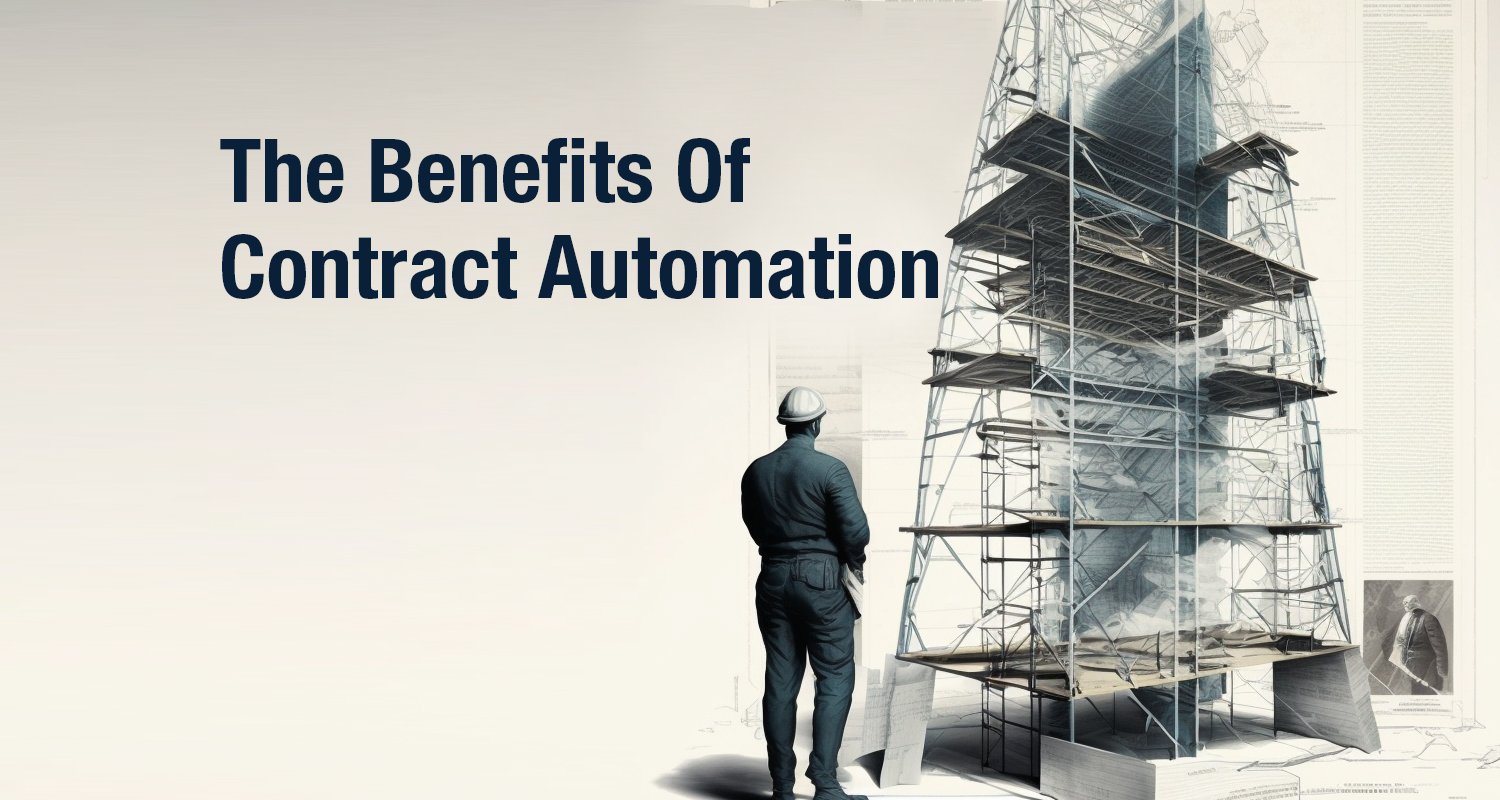Preventing The Devastating Impact of Scope Creep in Construction
The construction industry is constantly challenged by factors such as tight deadlines, budget constraints, and complex regulatory environments. Among...
2 min read
Jerad Ferrell
:
May 10, 2023 5:49:17 PM

The construction industry is no stranger to the intricacies and complexities of contract management. With multiple stakeholders, ever-changing regulations, and tight deadlines, the potential for cost implications due to poor contract management is enormous.
Below we'll explore the greatest cost implications of inadequate contract management and discuss how construction companies can avoid these pitfalls by embracing automated contract management solutions.
Embracing Automated Contract Management
To mitigate these cost implications, construction companies must invest in effective contract management processes and systems. Automated contract management solutions offer a comprehensive approach to managing contracts, providing numerous benefits, including:
The cost implications of poor contract management in construction are far-reaching and can significantly impact a company's bottom line. By embracing automated contract management solutions, construction companies can optimize their processes.

The construction industry is constantly challenged by factors such as tight deadlines, budget constraints, and complex regulatory environments. Among...

Given rising inflation and interest rates, it's more important than ever for companies to find ways to increase efficiency and reduce costs. Contract...

Scope creep is a common challenge that plagues construction projects, leading to budget overruns, schedule delays, and stakeholder dissatisfaction.